Acknowledge WSA poll on chalk
As a new member of the Wesleyan community, it has taken time for me to become familiar with the distinctive culture at this school, particularly the events still stuck in memories from the past several years—Wesleyan folklore, after a fashion. It wasn’t long before the contentious issue of chalking was brought to my attention. I was told various individuals’ theories on the reasoning behind Bennet’s ban—from the optimistically acquiescent to those verging on conspiracy. More often than not, I was told of how silly the ban seemed, though some seemed to have genuine concern over the potential content of the chalkings. It seemed as if there was a discussion that needed to be had.
An April 2007 Wesleyan Student Asembly poll was brought to my attention, in which 204 students voted to lift the ban on chalking, either without qualification or “as long as chalkings that violate the code of non- academic conduct are washed away.” Only fifteen students did not support lifting the ban on chalking. Six students chose to write in their vote, five of which supported lifting the ban.
In an issue that can be justifiably framed solely as a question of community standards and values, it alarms me to discover such a large student mandate neglected. The policy of erasing chalkings seems to be a waste of energy, time, and priority—all over a topic that would seem to have already been decided upon.
As a member of the Class of 2011 and Wesleyan Students for a Democratic Society, I would like to call attention this information for any uninformed members of my class and for President Roth, another new member of this community, and to question the justifiability of an executive prevention of this, or any democratically-confirmed community standard—particularly when that standard only serves to heighten the level of discourse among groups that may potentially feel marginalized by more traditional forms of discussion.


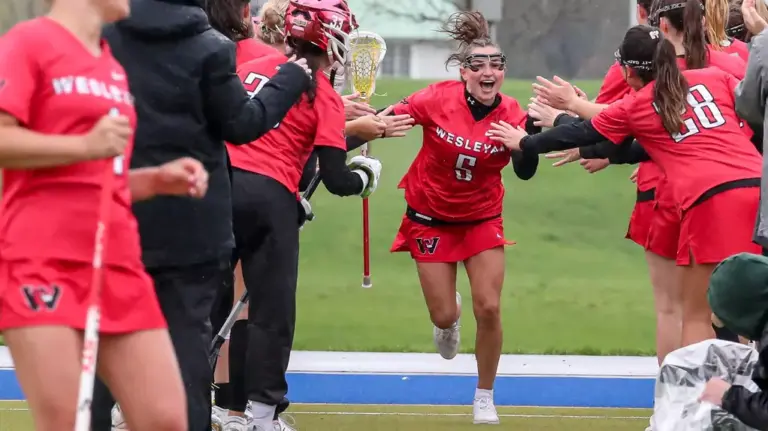
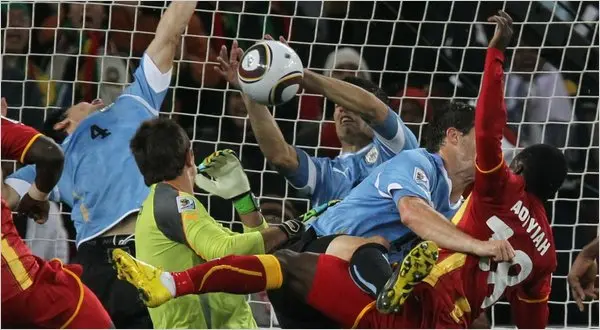
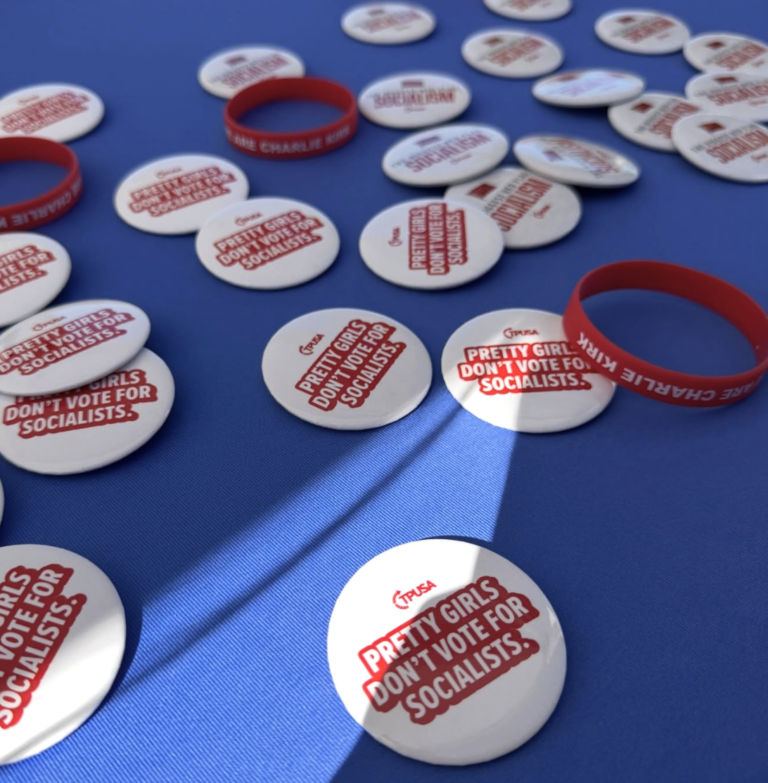
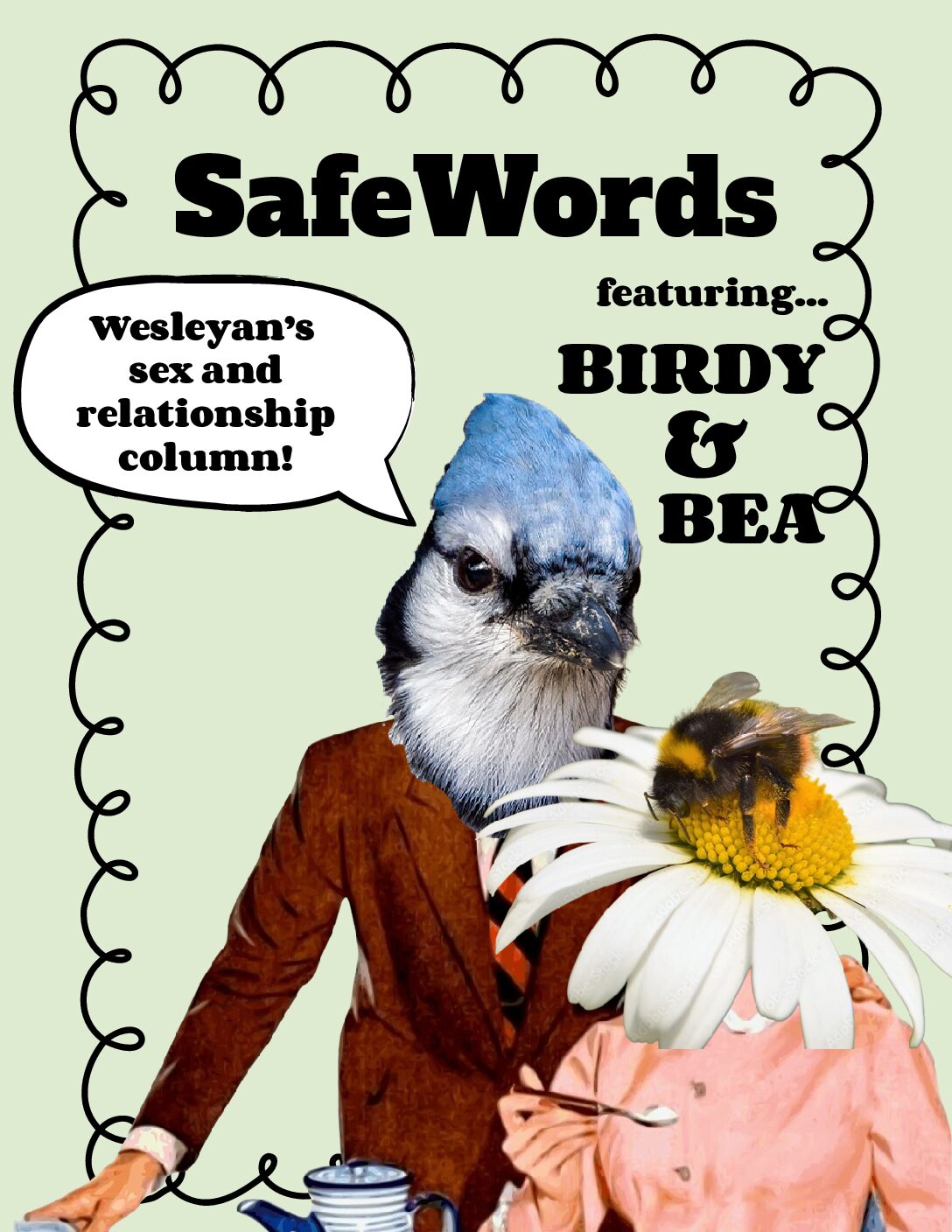
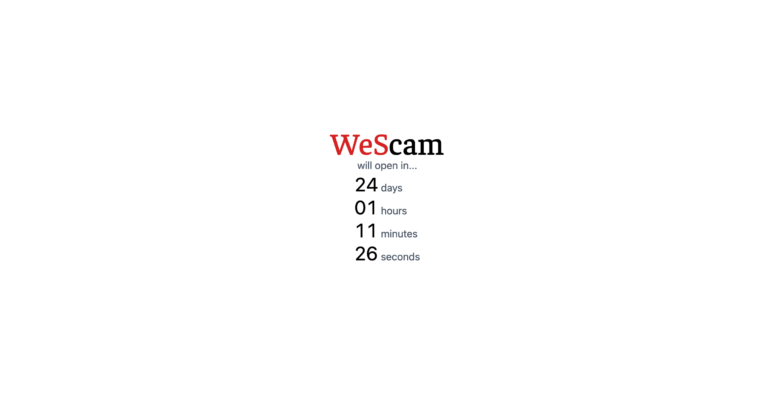
Leave a Reply